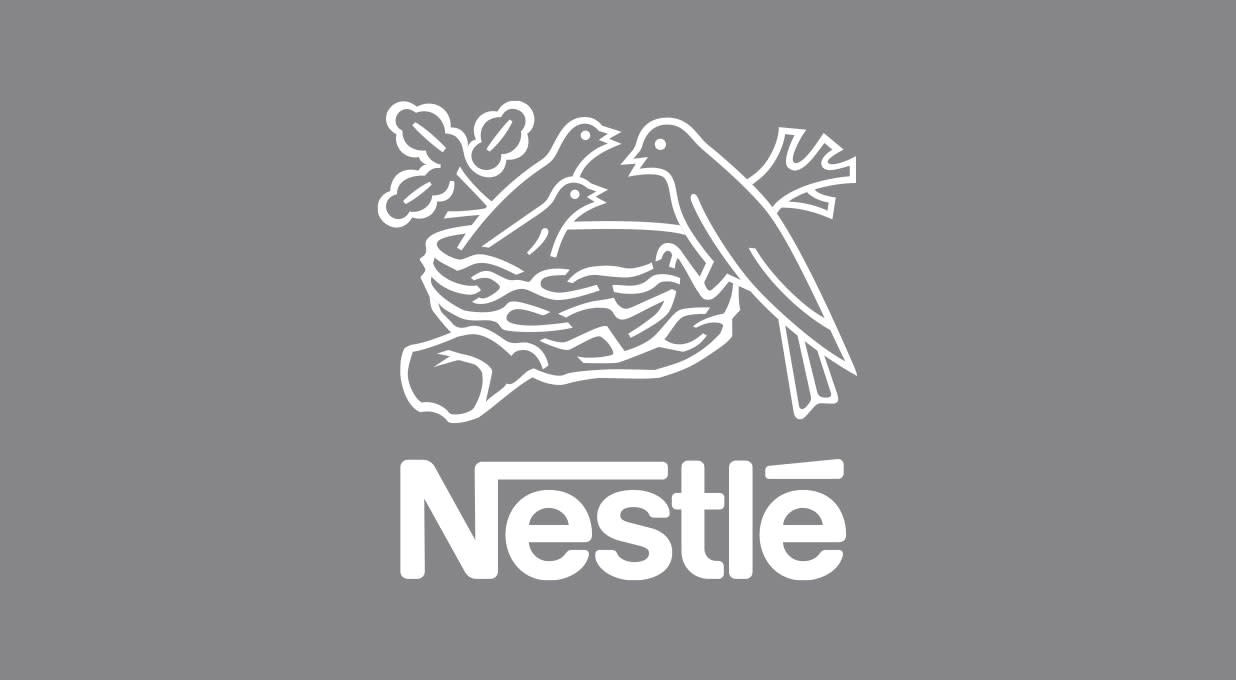Nestlé's first-quarter sales reached CHF 22.1bn, reflecting organic growth of 1.4%. This was behind market expectations, as a 3.4% increase in average selling prices was offset by a 2% drop in real internal growth, which fell more than anticipated.
By geography, organic growth was driven by Europe and emerging markets. Softer demand and supply chain issues in North America, Nestlé's largest market, led to a 2.5% decrease in organic sales.
There was mixed performance across product categories. Supply constraints hampered the sales of Nestlé's Health Science segment, while PetCare stood out as the most significant contributor. E-commerce sales grew by 6.1%, reaching 17.4% of total Group sales.
Nestlé has confirmed its full-year guidance for organic sales growth of around 4% and a "moderate increase" in underlying operating profit margins.
The shares were down 3.3% after the announcement.
Our view
Nestlé has reached the limit with price hikes. The strong suite of brands had allowed high single-digit increases during a period of high inflation without much consequence for volumes. But consumers are now feeling the hit of cumulative price hikes, especially in America, where there is significant pressure on the lower income consumers.
It’s no surprise questions are being asked as to whether price increases have gone too far. Struggles in the key market of America mean real internal growth, the company’s key measure of sales volumes, landed below the bottom end of market expectations. Focus is now on recovering volumes, with management prioritising volume and mix-led growth.
On a longer-term view there's still a lot to like about Nestlé. A global footprint and varied product base mean the Group's been able to move with the market over the past couple of years. Exposure to pet care, health and at-home coffee products in particular helped pull in revenues from all corners of the market. These items are also exactly the kind of thing people buy over and over again in normal times.
More recently there's been a bit of housekeeping, clearing out low-potential brands and stocking up in growth areas such as The Bountiful Company's nutrition and supplements business. The positive effects of these changes and focus on premium brands is being felt, with underlying operating margins increasing 40 basis points to 17.3% last time we heard.
Nestlé also relies on hefty research & development spending to provide fuel for volume growth. New varieties and formats of existing popular brands benefit from the much larger marketing and admin budgets, ensuring they're front and centre of consumers' minds. That, in turn, encourages reliable revenues. Extra sales boost profits, and profits can be paid out as dividends or reinvested in next year's products.
That virtuous cycle has seen the dividend increase every year for 29 years - remember, all dividends are variable and not guaranteed.
Nestlé's a strong business, with a host of great brands but it needs to start pulling on its growth levers. Exactly how volumes will react to increased investment in brand marketing remains to be seen, but for now management’s guidance for organic growth of 4.0% in 2024 appears achievable.
Recent results were disappointing, and at roughly 18 times expected earnings, it’s now trading below its ten-year average. The next few quarters will be vital. Volumes need to start trending back in the right direction and America needs to show signs of recovery if sentiment is to improve.
Nestlé key facts
All ratios are sourced from Refinitiv, based on previous day’s closing values. Please remember yields are variable and not a reliable indicator of future income. Keep in mind key figures shouldn’t be looked at on their own – it’s important to understand the big picture.
This article is not advice or a recommendation to buy, sell or hold any investment.No view is given on the present or future value or price of any investment, and investors should form their own view on any proposed investment.This article has not been prepared in accordance with legal requirements designed to promote the independence of investment research and is considered a marketing communication.Non - independent research is not subject to FCA rules prohibiting dealing ahead of research, however HL has put controls in place(including dealing restrictions, physical and information barriers) to manage potential conflicts of interest presented by such dealing.Please see our full non - independent research disclosure for more information.


